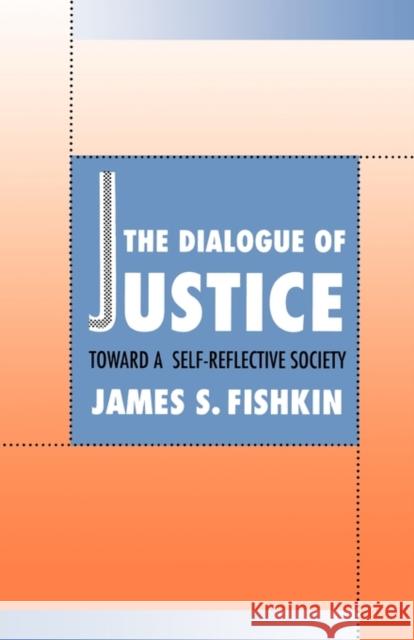The Dialogue of Justice: Toward a Self-Reflective Society » książka
topmenu
The Dialogue of Justice: Toward a Self-Reflective Society
ISBN-13: 9780300066395 / Angielski / Miękka / 1996 / 254 str.
People around the world are agitating for democracy and individual rights, but there is no consensus on a theory of liberal democracy that might guide them. What are the first principles of a just society? What political theory should shape public policy in such a society? In this book, James S. Fishkin offers a new basis for answering these questions by proposing the ideal of a "self-reflective society"--a political culture in which citizens are able to decide their own fate through unconstrained dialogue.
Fishkin offers a comprehensive critique of liberal political theories that do not satisfy the requirements for a self-reflective society. He then explains his own theory of liberalism, showing that the freely self-examining society he advocates can provide the key to issues of political legitimacy and social justice. Fishkin proposes practical applications of his theory that would lead to more participatory democracy. Among these are deliberative opinion polls that would allow ordinary citizens to explore issues directly with candidates before elections, and vouchers that would allow them to organize representation for their interests. Fishkin examines a broad range of topics from the fresh perspective of a self-reflective society: utility and its limits, justice between generations, conflicting ideals of democracy, equal opportunity, the connections between theory and public policy, the notion of moral progress, and the bases for political obligation. His book makes a new contribution to central debates in moral, political, and legal philosophy.










